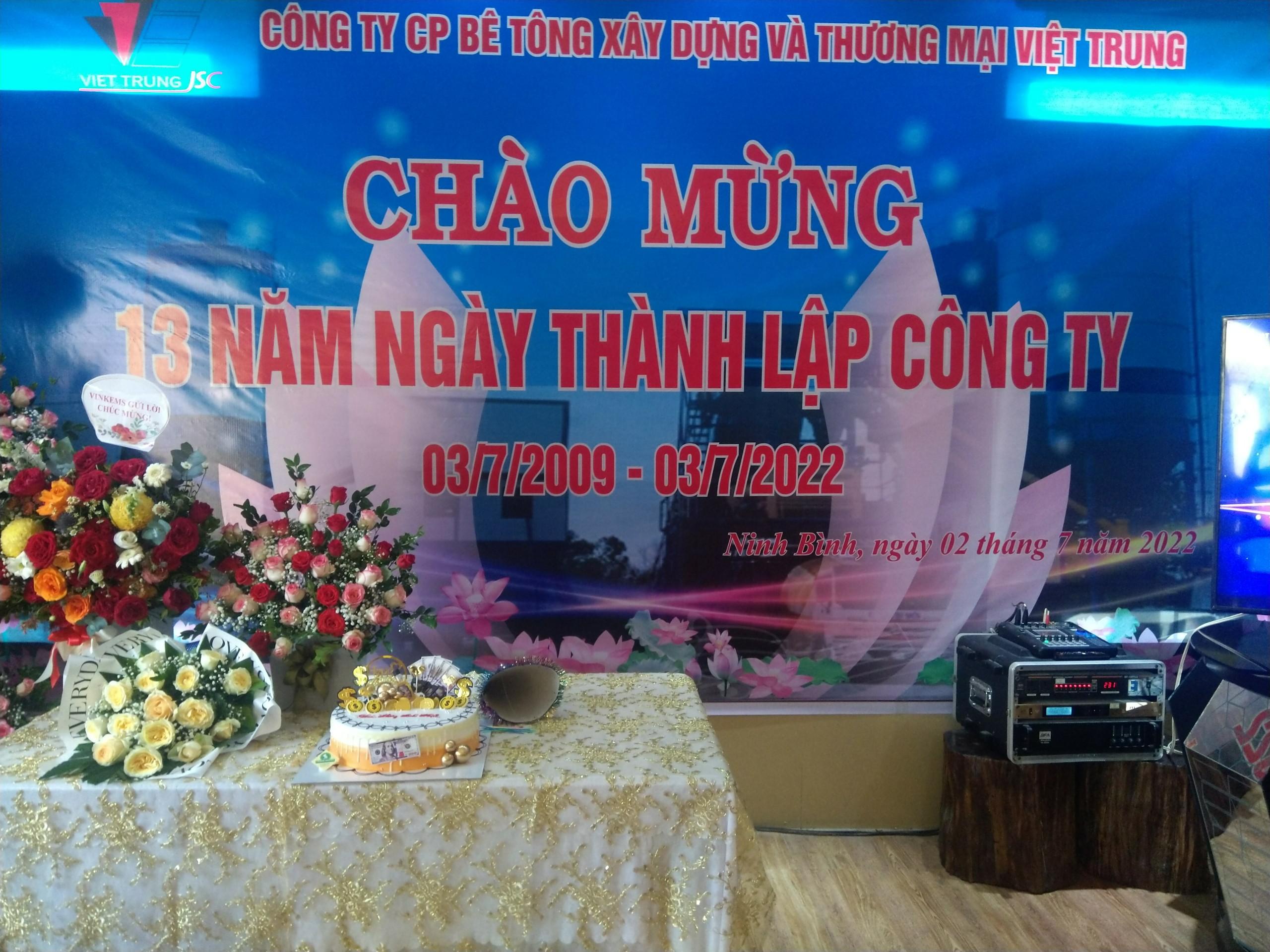A Nation’s Story Unfolds Examining the Latest Ghana news and its Ripple Effect Across Africa.
- A Nation’s Story Unfolds: Examining the Latest Ghana news and its Ripple Effect Across Africa.
- Political Landscape and Governance
- Electoral Processes and Challenges
- Constitutional Reforms and Debates
- Economic Developments and Challenges
- Impact of Global Economic Factors
- Regional Trade and Integration
- Social Issues and Development
- Healthcare System and Challenges
- Education Reforms and Access
A Nation’s Story Unfolds: Examining the Latest Ghana news and its Ripple Effect Across Africa.
The flow of information regarding ghana news is vital not only for its citizens but also for the wider African continent and the international community. Ghana’s political stability, economic development, and social progress are closely watched, influencing regional dynamics and attracting global investment. Recent events, ranging from governmental policy changes to shifts in the economic landscape and cultural happenings, demonstrate the dynamism of this West African nation. Understanding these developments requires a comprehensive and nuanced approach, looking beyond surface-level reporting to explore the underlying factors that shape Ghana’s trajectory. This detailed examination will provide insights into its challenges and opportunities.
Political Landscape and Governance
Ghana’s political system is a vibrant multi-party democracy, though it’s not without its complexities. The nation has a history of peaceful transitions of power, establishing it as a beacon of stability in a region often plagued by political unrest. However, intensifying partisan competition and concerns over corruption remain significant challenges. Recent legislative debates have centered around economic policies and social welfare programs, showcasing the diverse perspectives within the Ghanaian Parliament. The current administration faces pressure to deliver on its promises of job creation and economic growth amid a global economic slowdown.
Public trust in governmental institutions is vital for a functioning democracy. Transparency and accountability are key areas needing constant improvement. Civil society organizations and an active press play a crucial role in holding power to account. There is growing debate about the effectiveness of local governance systems. This calls for renewed focus on decentralization. The issue has the potential to empower communities and address local needs more effectively. The public’s engagement in the political process is paramount, and civic education is critical in fostering informed participation.
| New Patriotic Party (NPP) | Mahamudu Bawumia | Liberal Conservative | Fiscal consolidation, infrastructure development, private sector growth |
| National Democratic Congress (NDC) | John Dramani Mahama | Social Democratic | Social welfare programs, job creation, equitable distribution of wealth |
| Convention People’s Party (CPP) | Nana Yaa Jantuah | Socialist | Pan-Africanism, economic independence, social justice |
Electoral Processes and Challenges
Ghana’s electoral commission has, in the past, faced accusations of irregularities, and securing a spotless electoral process remains a high priority. Strengthening the electoral system will require sustained investment in technology and training for electoral officials. Addressing concerns related to voter registration and ballot security is essential for maintaining public confidence. The rise of social media and its influence on political discourse presents both opportunities and challenges. They can enhance political participation but are susceptible to the spread of misinformation. Combating fake news and disinformation is vital for safeguarding the integrity of electoral outcomes.
The role of traditional leaders in Ghanaian politics continues to be impactful. They often wield significant influence over their communities and play a key role in mediating local disputes. Balancing the authority of traditional leaders with the principles of modern democratic governance is a delicate task. Ensuring that their involvement in the political process aligns with constitutional provisions is essential for maintaining democratic norms, while acknowledging their social relevance. Active citizen engagement, informed decision-making and greater accountability are vital components of a healthy and functioning democracy.
Constitutional Reforms and Debates
There is an ongoing conversation in Ghana surrounding potential constitutional reforms. Discussions revolve around topics like strengthening the separation of powers, enhancing the independence of the judiciary, potential amendments to the presidential term limits, and improving the representation of marginalized groups in governance. Such reforms are seen as crucial for enhancing democratic governance. Engaging a broad range of stakeholders – including civil society organizations, academics, and the general public – in the reform process is important to enable a broad consensus. Any constitutional changes require careful deliberation and adherence to due process.
Economic Developments and Challenges
Ghana’s economy, traditionally reliant on commodities like cocoa, gold, and oil, is undergoing a period of transformation. Recent economic indicators reveal fluctuations influenced by global market conditions and internal policy decisions. The government is actively pursuing diversification strategies aimed at promoting the manufacturing sector and increasing value-added exports. Strengthening the capacity of local businesses and fostering a conducive environment for entrepreneurship are key priorities. Investing in education. Education and skills development are vital for creating a skilled workforce that can drive innovation and economic growth.
Addressing macroeconomic challenges, such as inflation, debt sustainability, and exchange rate volatility, remains a central focus. Implementing sound fiscal policies and managing public finances responsibly are crucial for ensuring long-term economic stability. Attracting foreign direct investment is essential for stimulating economic growth and creating employment opportunities. Strengthening infrastructure – including transportation, energy, and telecommunications – is another vital step towards enhancing Ghana’s competitiveness.
- Cocoa Production: Historically, Ghana’s major export, facing challenges from climate change and price volatility.
- Gold Mining: Continues to contribute significantly to the economy but raises environmental concerns.
- Oil and Gas: Offers potential for revenue generation but requires prudent management of resources and transparent contracts.
- Tourism: A growing sector with the potential to create jobs and generate foreign exchange.
Impact of Global Economic Factors
Ghana, like many developing nations, is susceptible to external shocks triggered by global economic factors. Fluctuations in commodity prices, changes in global interest rates, and shifts in international trade patterns can all have a significant impact on the Ghanaian economy. The COVID-19 pandemic and the Russia-Ukraine war have exacerbated these vulnerabilities, disrupting supply chains and increasing inflationary pressures. Diversifying the economy and strengthening its resilience to external shocks are therefore crucial priorities for sustainable economic development. Furthermore, bolstering regional cooperation and trade within Africa can help reduce Ghana’s reliance on external markets.
The rising debt burden has become a concern. It requires prudent fiscal management and strategic borrowing policies. The government is exploring options for debt restructuring and seeking financial assistance from international partners. Promoting private sector investment and fostering a business-friendly environment will encourage domestic resource mobilization and generate economic growth. Enhancing productivity and competitiveness across all sectors are essential. Such strategies will drive economic success and improve the livelihoods of Ghanaians. Sustainable debt management practices are key to securing economic stability.
Regional Trade and Integration
Ghana is an active participant in regional trade and integration initiatives. Its involvement in the African Continental Free Trade Area (AfCFTA) is seen as a significant opportunity to boost trade and investment within the continent. Lowering trade barriers, harmonizing regulations, and promoting cross-border infrastructure development are key priorities to help facilitate intra-African trade. Improving the competitiveness of Ghanaian businesses is vital. Training and access to finance further unlock their potential to benefit from the AfCFTA.
Social Issues and Development
Ghana has made remarkable progress in improving various social indicators, including education, health, and access to clean water. However, significant challenges remain, particularly in reducing poverty and inequality. Addressing regional disparities in development and ensuring equitable access to opportunities for all Ghanaians are crucial priorities. Investing in social safety nets and providing targeted support to vulnerable groups are essential for promoting inclusive growth. Further improving access to quality healthcare and education is vital for empowering individuals and fostering long-term development.
Youth unemployment remains a persistent challenge and addressing this requires targeted interventions, such as skills development programs and entrepreneurship support. Investing in youth employment policy should be a key national priority. Promoting gender equality and empowering women are also critical for unlocking Ghana’s full potential. Ensuring equal access to education, healthcare, and economic opportunities for women will contribute to a more just and equitable society. Continued investment in human capital – reinforcing intellectual and physical development – is essential.
- Education Access: Significant improvements in primary school enrollment rates.
- Healthcare Coverage: Continued efforts to expand access to healthcare services, particularly in rural areas.
- Poverty Reduction: Progress toward reducing poverty rates, but more work remains to be done.
- Gender Equality: Progress in promoting gender inclusivity remains slow and needs improvement.
Healthcare System and Challenges
Ghana’s healthcare system faces significant challenges, including limited infrastructure, inadequate staffing, and funding constraints. Strengthening the healthcare workforce, improving access to essential medicines, and expanding healthcare infrastructure, particularly in underserved areas, are crucial priorities. Investing in preventive healthcare and promoting healthy lifestyles will also reduce the burden on the healthcare system. Furthermore, leveraging technology, such as telemedicine, can help improve access to healthcare services for remote communities. Strengthening collaboration between the public and private sectors is essential for improving the quality and efficiency of healthcare delivery.
While Ghana’s National Health Insurance Scheme has expanded access to healthcare, challenges remain in terms of financial sustainability. They also include ensuring quality of care. Addressing fraud and improving efficiency within the scheme are critical for its long-term viability. Increasing health funding. It requires sustained investment in the health sector. Effective resource allocation is central to it, and improving accountability are essential for ensuring a functional healthcare system. Enhanced public health awareness campaigns can promote healthy behaviors. This will reduce the incidence of preventable diseases and improve overall health outcomes.
Education Reforms and Access
Improving the quality of education and ensuring access to education for all Ghanaian children remain significant aspirations. Implementing curriculum reforms. Reforms should align the education system with the needs of the labor market and the demands of the 21st century. Investing in teacher training and providing adequate resources to schools are crucial. Reducing dropout rates and addressing regional disparities in educational access are key priorities. Building additional schools and providing scholarships for deserving students will also improve access to education. Further investments in technology will and it will bring digital literacy to classrooms.
The nation’s pursuit of educational improvement requires a multi-faceted system. Increased private sector participation in educational oversight can raise standards. Expanded vocational training opportunities equip people with practical skills. Prioritizing early childhood education sets the foundation for future academic success. This combined approach accelerates the educational capacity of Ghana and helps unlock its full potential for generations to come.

